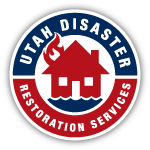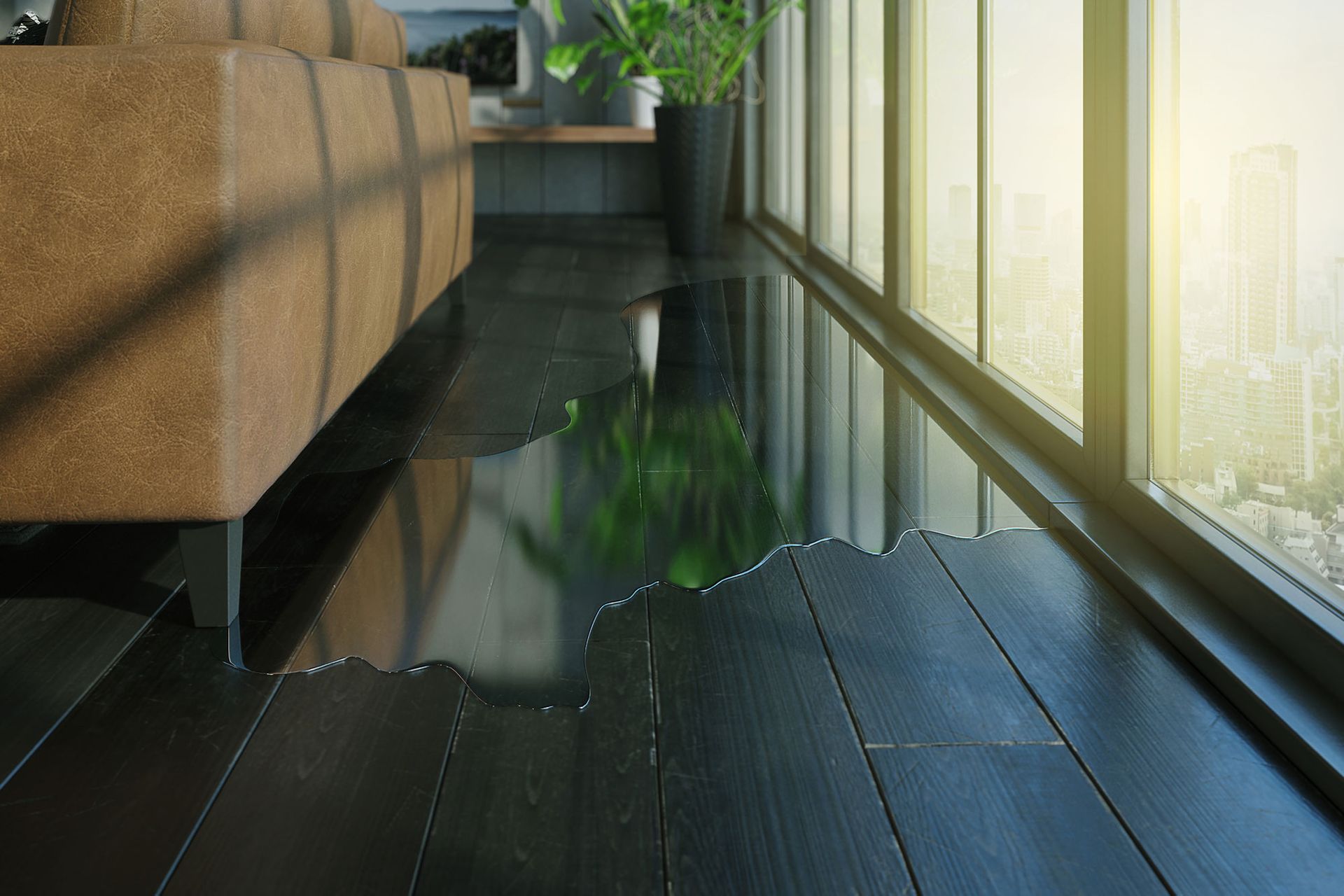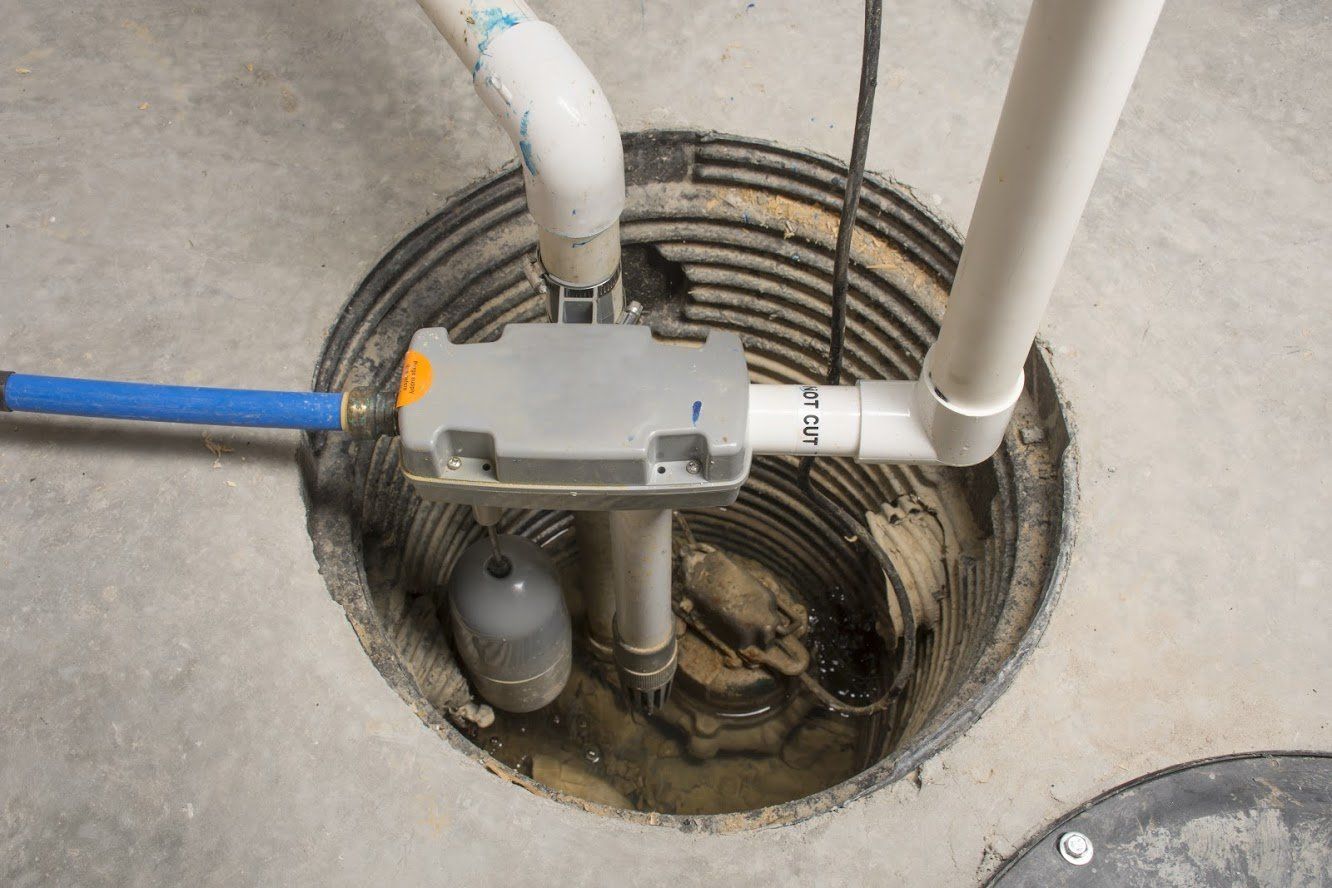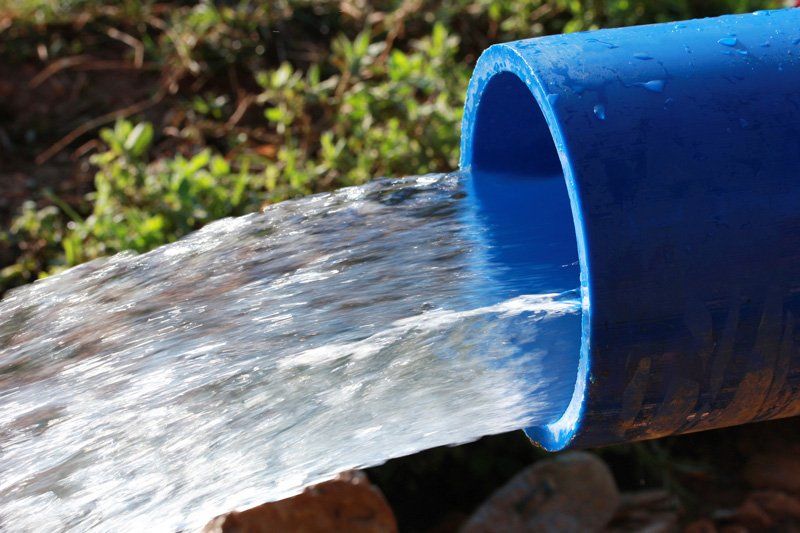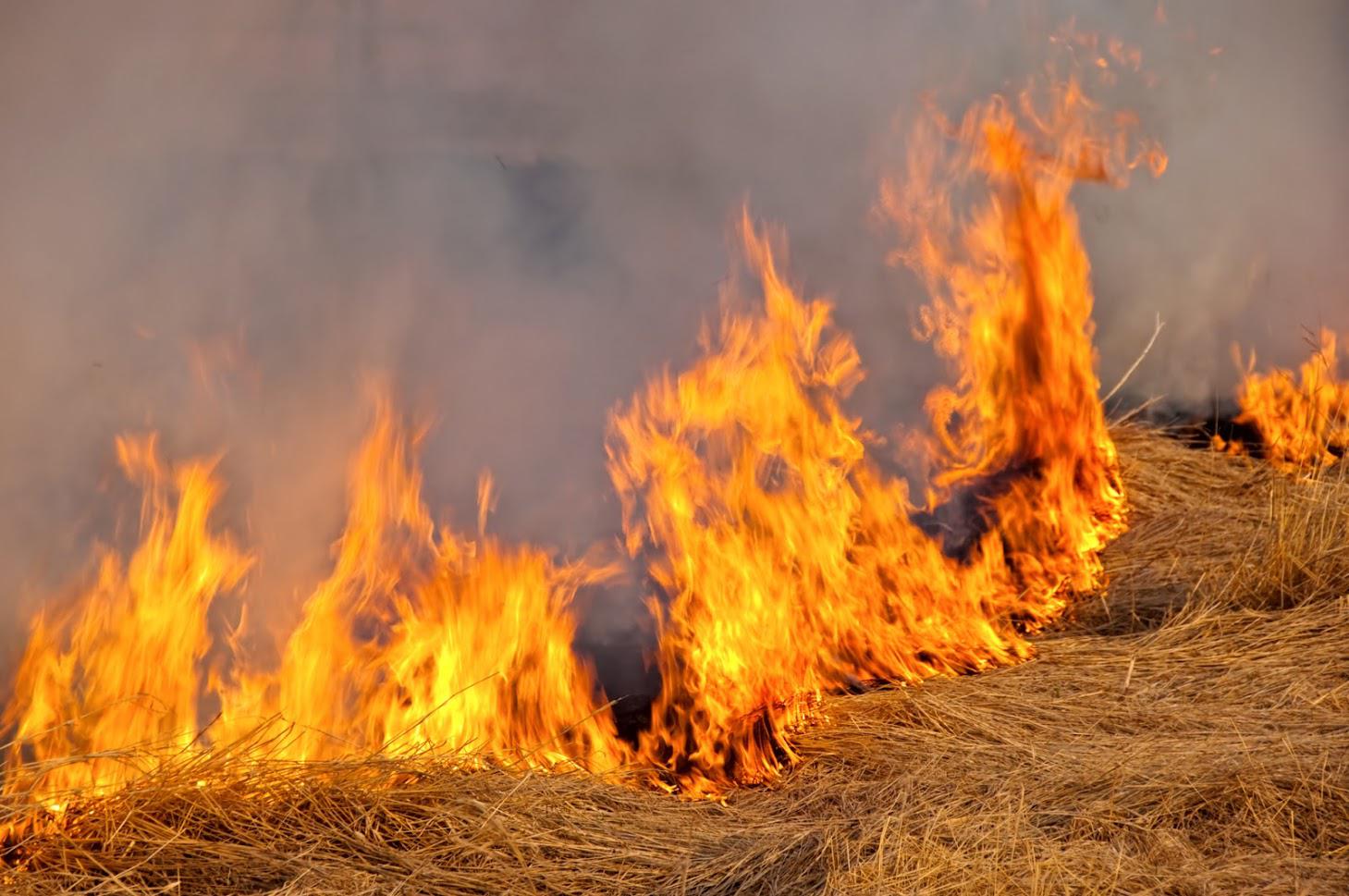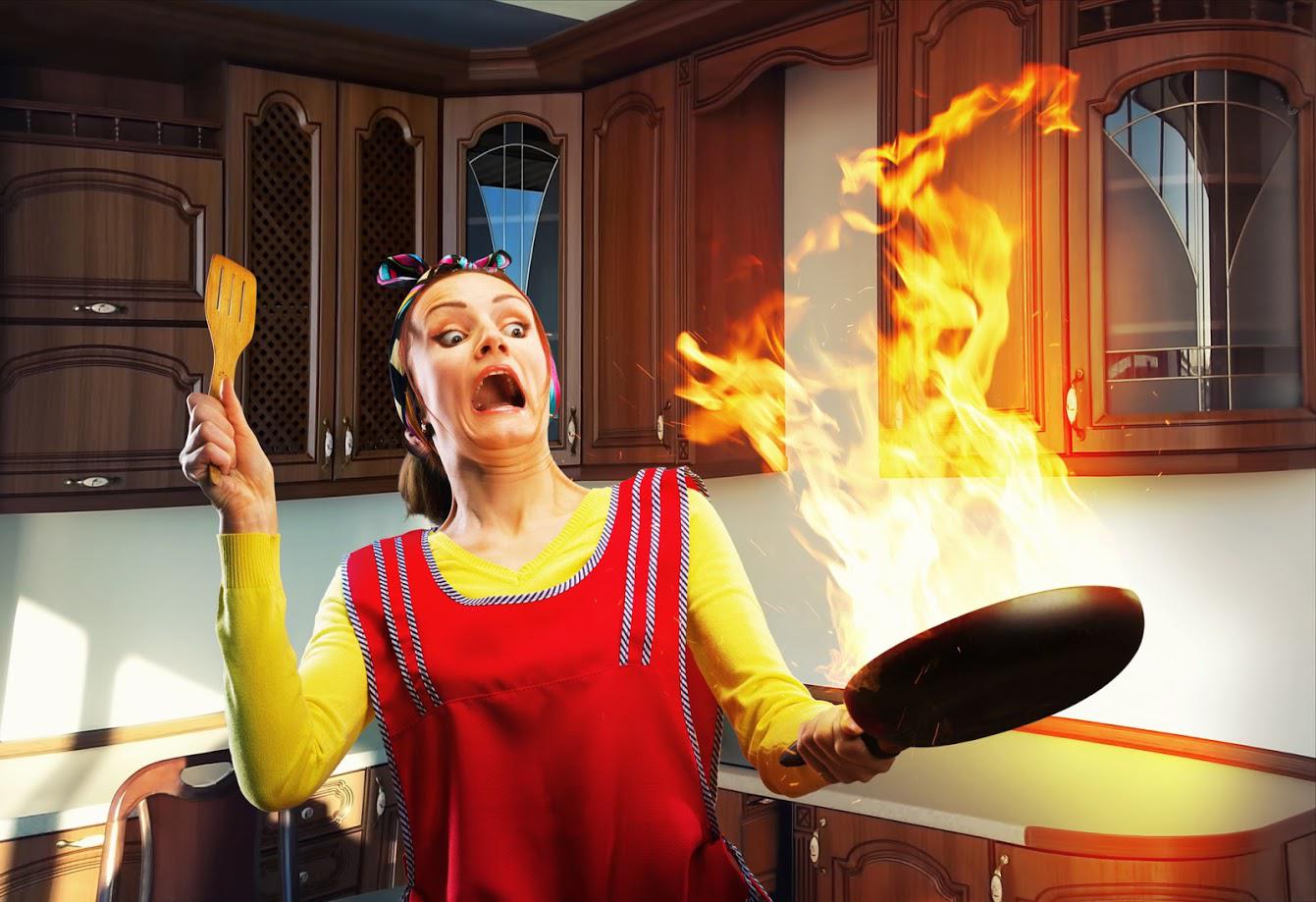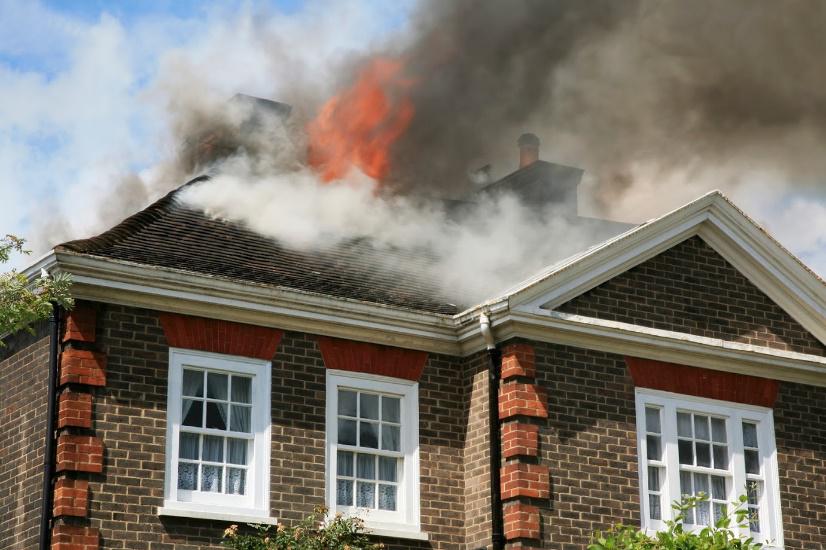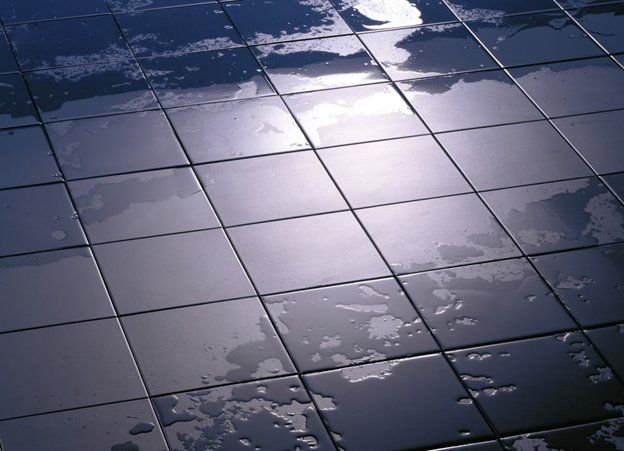Utah Disaster Restoration
Making Utah Homes Great Again!
Christmas Tree Safety
- By Jon Welch
- •
- 18 Nov, 2011
- •
Holiday Safety
Isn’t the holiday season fantastic? We get together for a time of thanksgiving and celebration with family and friends. However, in just few seconds everything can change. Attached is an example of what can happen with a dry Christmas tree.
Please take a minute consider the following:
According the US Fire Administration:
- There is an increased incidence of cooking fires on Thanksgiving Day, Christmas Eve Day, and Christmas Day.
- Cooking was the cause of almost half (46%) of residential building fires in 2009.
- Unattended cooking equipment is the leading factor in the start of cooking fires.
- Many other cooking fires begin because items that can burn are too close to cooking heat sources.
- Frying is the cooking method posing the highest risk
- The cost of damage from residential fires has increased almost ¾ of a billion dollars per year over the last 5 years.
- 2,400 individuals lost their lives and 12,600 were injured due to residential fires in 2009
Safe Cooking Tips
The kitchen can be one of the most hazardous rooms in the home if you don’t practice safe cooking behaviors. Here are some safety tips to help:
- Stay in the kitchen when you are frying, grilling, or broiling food. If you leave the kitchen for even a short period of time, turn off the stove.
- If you are simmering, baking, roasting, or boiling food, check it regularly, remain in the home while food is cooking, and use a timer to remind you that you’re cooking.
- Stay alert! To prevent cooking fires, you have to be alert. You won’t be if you are sleepy, have been drinking alcohol, or have taken medicine that makes you drowsy.
- Keep anything that can catch fire – potholders, oven mitts, wooden utensils, paper or plastic bags, food packaging, towels, or curtains – away from your stovetop.
- Keep the stovetop, burners, and oven clean.
- Wear short, close-fitting or tightly rolled sleeves when cooking. Loose clothing can dangle onto stove burners and catch fire if it comes into contact with a gas flame or electric burner.
- Plug microwave ovens and other cooking appliances directly into an outlet. Never use an extension cord for a cooking appliance, as it can overload the circuit and cause a fire.
If You Have a Cooking Fire
- When in doubt, just get out. Remember, it’s just stuff. Get everyone out of the house.
- When you leave, close the door behind you to help contain the fire. Call 9-1-1 or the local emergency number after you leave.
- If you do try to fight the fire, be sure others are already getting out and you have a clear path to the exit.
- Always keep an oven mitt and a lid nearby when you are cooking. If a small grease fire starts in a pan, smother the flames by carefully sliding the lid over the pan (make sure you are wearing the oven mitt). Turn off the burner. Do not move the pan. To keep the fire from restarting, leave the lid on until the pan is completely cool.
- In case of an oven fire, turn off the heat and keep the door closed to prevent flames from burning you or your clothing.
- If you have a fire in your microwave oven, turn it off immediately and keep the door closed. Never open the door until the fire is completely out. Unplug the appliance if you can safely reach the outlet.
- After a fire, both ovens and microwaves should be checked and/or serviced before being used again.
Candle Safety
Use a candle warmer instead of an open flame. The smell is just as nice, without the fire risk.
- Over half (55%) of home candle fires start because the candle is too close to some combustible material.
- More candle fires (38%) begin in the bedroom than in any other room.
- Falling asleep is a factor in 12% of home candle fires and 26% of the associated deaths.
- Half of all civilian candle fire deaths occur between Midnight and 6am.
- December is the peak month for candle fires; Christmas is the peak day.
- Young children and older adults have the highest death risk from candle fires.
- The risk of a fatal candle fire appears higher when candles are used for light.
Let’s do all that we can to enjoy a safe and happy holiday season.
Jonathan Welch
Utah Disaster Restoration Services
(801) 310.8799
(801) 763.9025
Mr. Welch has more than 25 years of experience in the construction, mitigation and restoration industry.
